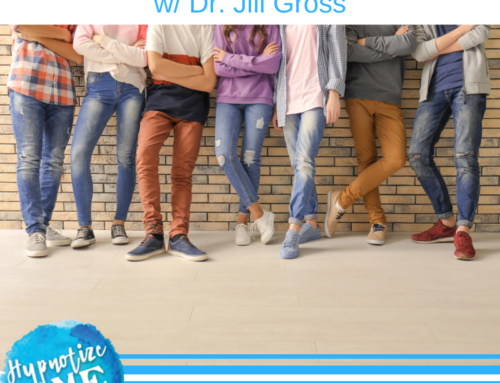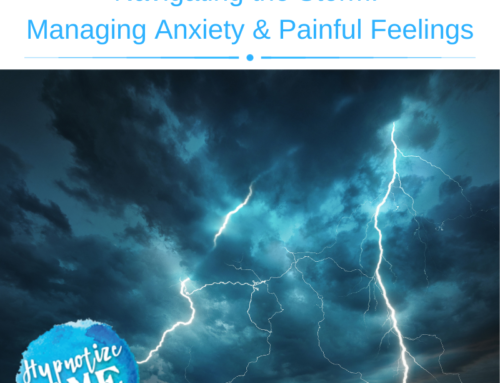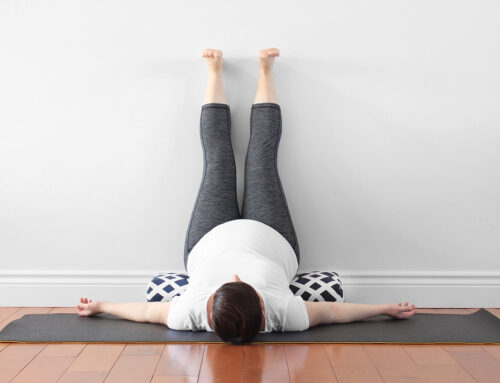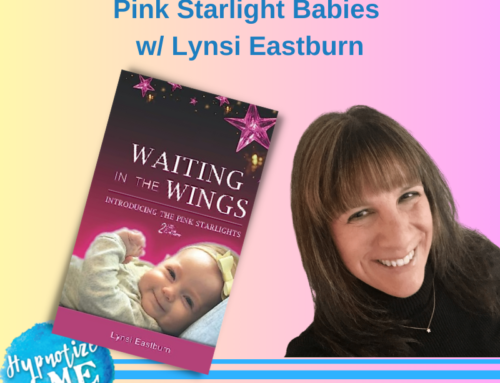PMD / PPD in the First Weeks after having a Baby
Transcript / Further Thoughts
The first weeks after having a baby is SO hard! You freak out. You don’t know what to do. You’re crying all the time! This video is all about when to seek help and when to wait it out a little bit.
I’m am a PMD specialist or a PPD specialist. PMD stands for perinatal mood disorder, and it covers prenatal and postpartum mood disorders, which is depression and anxiety. We also call that PPD, postpartum depression and anxiety. I’m one of a handful of PMD/PPD specialists in Broward County. I’ll get phone calls from someone who’s about two weeks postpartum. This is more common than you think. They read on the internet that irritability, crying, mood swings, and sadness, should only last a couple of days to a week or so, up to two weeks after a baby’s birth. And they freak out, like, “Oh my gosh, here it is. Two weeks and one day and this is all still going on!”
Everyone’s still insane at two weeks postpartum
Now, from practical experience, from talking to hundreds of women, I would say that adjustment period after you have a baby where you’re crying all the time and you’re trying to figure out what’s going on and you’re feeling like, “Oh, what do I do here?” That period of adjustment in the postpartum period, I think, lasts up to six weeks. I think two weeks is insane.
Everybody’s still insane at two weeks with a new baby. Particularly if it’s your first baby. If

When to get help for PMD / PPD in Broward County.
your second or third it’s a little bit different, but your first baby, you’re pretty much insane for a good solid six weeks until a baby figures out night from day, which happens around six weeks or so, and then things start to feel a little bit better, you start to feel like your feet are under you, you have a routine down in terms of your day and they crying really drops in frequency at that point.
If you’re having all that go on and you have the following, seek help:
- You can’t sleep when the baby’s sleeping.
- You’re pacing the house obsessively.
- You’re having all these fears come up.
- Certainly if you have thoughts of harming yourself or the baby
- You had a traumatic birth and thoughts of it keep coming back to you.
None of these symptoms mean you don’t love the baby. Seek help, really. Get help sooner rather than later. Treatment means that you enjoy your motherhood more (and faster) and your baby more (and faster)! If you don’t have any of those more intense, more severe warning signs going on, you’re just having the regular baby blues where you’re crying because your baby may have to work someday (I totally did that!), those are pretty normal and you’re going to feel better very soon. Having feelings that this is SO hard and ugh, sometimes you wish you were still pregnant are pretty normal.
Often, I’ll tell those women, (and it’s often the partners calling me), to check in with me in a week or two. If you’re still feeling like there’s something really wrong, then yeah, come on in. If you’re feeling better, feeling like you have a routine down and your feet are under you, then everything’s good. It’s okay. You’re going to have some ups and downs in those first couple of weeks, and that is considered normal.
 All right, that’s it for today. I wanted to give you the heads up about that regular newborn period. Remember, there’s all kinds of free stuff right here on my website. There is a hypnosis to reduce fear and anxiety. You can certainly listen to that one during the newborn period! There’s also one for emotional stability. You can download that one too. It helps, just take 15, 20 minutes to listen to that and feel better and feel more stable in that postpartum period. If you go ahead and join the newsletter, I give you three or four on the thank you page.
All right, that’s it for today. I wanted to give you the heads up about that regular newborn period. Remember, there’s all kinds of free stuff right here on my website. There is a hypnosis to reduce fear and anxiety. You can certainly listen to that one during the newborn period! There’s also one for emotional stability. You can download that one too. It helps, just take 15, 20 minutes to listen to that and feel better and feel more stable in that postpartum period. If you go ahead and join the newsletter, I give you three or four on the thank you page.
I specialize in hypnosis for anxiety and chronic conditions in Broward county and the Fort Lauderdale area. To see if we’re a good fit to work together, schedule your free consultation at 954-309-9071.
Yours in health,
Dr. Liz







